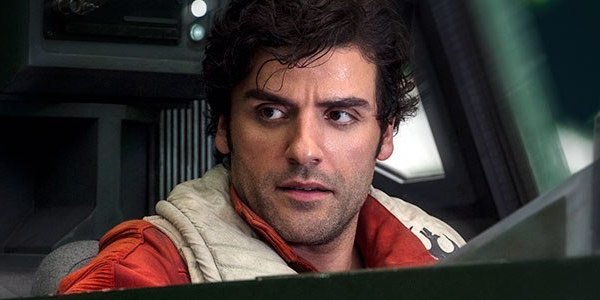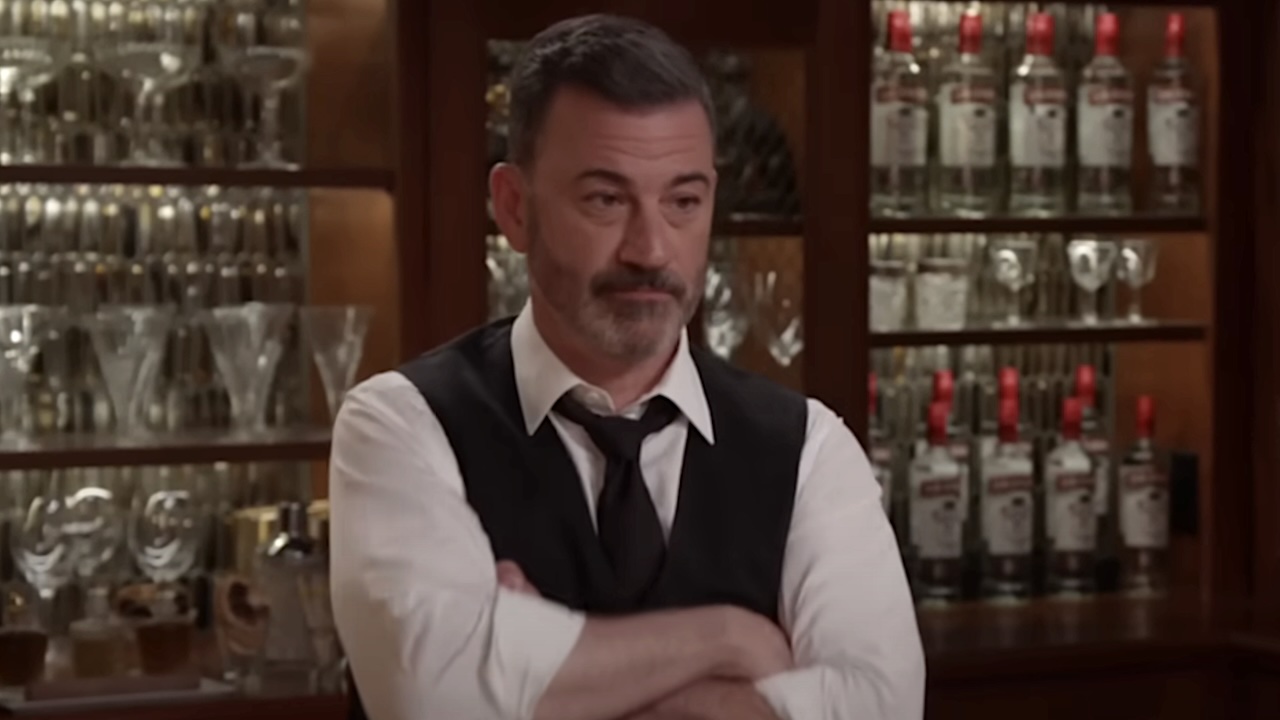Star Wars: The Last Jedi Was Reportedly Targeted By Russians

Rian Johnson couldn't have predicted the reaction to Star Wars: The Last Jedi. Every movie comes with built-in pressure, especially a chapter in a Skywalker Saga trilogy. But Johnson's first foray into the galaxy far, far away proved to be quite divisive, with fans taking up sides to defend or tear down decisions made by the filmmaker as he explored the need for the Jedi, and the direction of the Resistance. The levels of hate online reached epic proportions, and a new research study finds that the driving force behind some of that social-media backlash might have been Russian trolls.
Now, we know that complaining about Russian bots on social media is the go-to excuse whenever someone takes up an opinion that goes against your own. However, a research paper conducted by Morten Bay from the University of Southern California examined the users who attacked Rian Johnson's Star Wars: The Last Jedi on social media were, in fact, Russian bots, and concludes:
The study finds evidence of deliberate, organized political influence measures disguised as fan arguments. The likely objective of these measures is increasing media coverage of the fandom conflict, thereby adding to and further propogating a narrative of widespread discord and dysfunction in American society. ... The results of the study show that among those who address The Last Jedi director Rian Johnson directly on Twitter to express their dissatisfaction, more than half are bots, trolls/sock puppets or political activists using the debate to propogate political messages supporting extreme right-wing causes and the discrimination of gender, race or sexuality.
Rian Johnson, himself, shares Morten Bay's study, and clarifies that this is not about fans liking, or disliking, the middle chapter of the new Star Wars trilogy, but more to address what he sees as a "virulent strain of online harassment," stating:
Ironically, another movie, Venom, is running up against an online smear campaign at the moment, where bots appear to be Tweeting the same statement over and over, from different accounts, claiming the Sony movie is bad, and A Star Is Born is much better. How can one explain this?
Is the Internet increasingly becoming a more-divisive playground on which people can share their opinions? Absolutely, and it's probably fair to come to the conclusion that Rian Johnson's Star Wars: The Last Jedi beared the brunt of too much rebellious backlash against his movie -- a movie that proudly subverted expectations and genuinely annoyed some fans, but certainly isn't the trainwreck that Twitter might lead you to believe.
Read the rest of Morten Bay's study. Do you agree with its conclusions? Do you see this social-media problem being resolved anytime soon, or will Twitter keep evolving to cause headaches for filmmakers and film studios? Weigh in below in the comments with your best guesses.
Your Daily Blend of Entertainment News

Sean O’Connell is a journalist and CinemaBlend’s Managing Editor. Having been with the site since 2011, Sean interviewed myriad directors, actors and producers, and created ReelBlend, which he proudly cohosts with Jake Hamilton and Kevin McCarthy. And he's the author of RELEASE THE SNYDER CUT, the Spider-Man history book WITH GREAT POWER, and an upcoming book about Bruce Willis.
